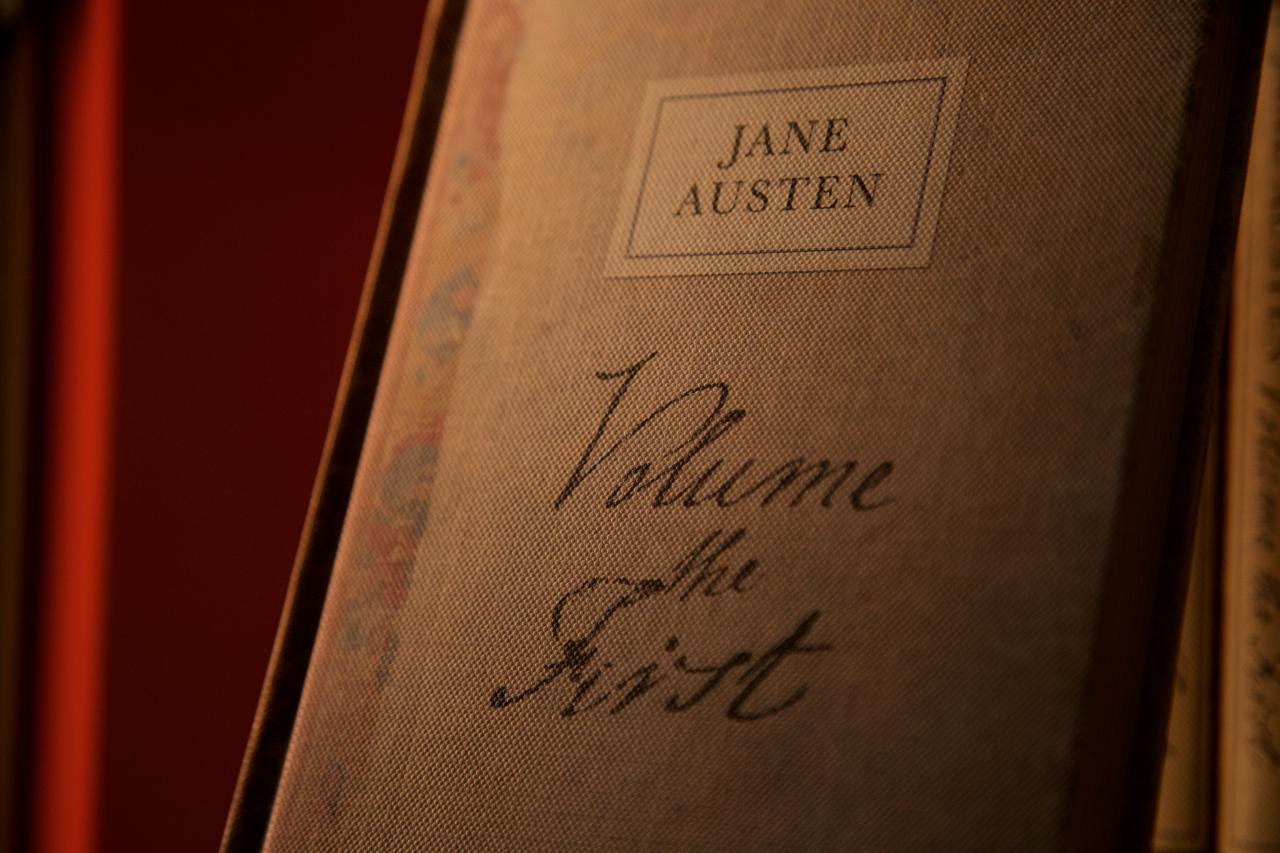The post-Bridgerton world has opened avenues to creators that we did not think were possible. One example of a creative project of such proportions is “Persuasion” on Netflix. Jane Austen wrote the novel Persuasion back in the 1800s with the central theme of giving second chances. It revolves around Anne Elliot and Captain Frederick Wentworth. Anne did not marry Wentworth eight years ago, and the book at present shows us the love rekindling between the two or something of the sort. Netflix’s “Persuasion” has, of course, borrowed from the same book, but they have put a modern, almost “Bridgerton” meets “Fleabag” sort of spin to it. There are some key differences between the book and the movie, and they are all very deliberate. We review focusing on the feminine aspect, mainly that of the main character Anne.
What Is The Book About?
In the book, Anne is very much your regular, run-of-the-mill Austen protagonist, where most of the character development is done via narration instead of personal action. The Netflix version has been spun into something entirely different where Anne is now a clumsy, scatterbrained, yet very active character. Using the term ‘girlboss’ for Anne is quite inaccurate since she is quite the opposite. Anne is still smart and intuitive, but she is also clumsy, vindictive, and nowhere near perfect. There is a clear conflict in her portrayal as you see from the eyes of a viewer and what she believes is in her head. This is one of the most relatable things about the movie since none of us is truly perfect, even if the narration in our mind speaks otherwise.
The Times Have Changed
Persuasion back in the Austen era was relatable to the women living in that timeline. The beauty of everything Austen writes is that her characters remain relatable for centuries. The world is different now and mainstream media portrayals of women are not quite as sickly and vulnerable as they used to be.
Anne from Jane Austen’s Persuasion was just like most other Austen heroines, but Netflix put a modern spin on her character where she speaks her mind freely and is quite the klutz. The results have been intriguing, of course.
Netflix has, therefore, pulled “Persuasion” out of its Austen times and made it into a modern masterpiece that our women can now relate to. Especially since the character of Anne is very much representative of a millennial.
Anne wants to be in control, she is on the verge of being a complete adult but is entirely unsure of how to go about it, and she routinely breaks the fourth wall to address the audience. Now, breaking the fourth wall is not necessarily a millennial ‘trait’ in and of itself, but it is essentially a part of the media that most millennials grew up with; this is how it became common.
The way Anne addresses the audience is very much how most millennials process their thoughts. With “Fleabag” and “Bridgerton” leading the way for atypical mainstream shows, shows like “Persuasion” were bound to follow. Naturally, we can probably expect to see more similar media in the near future, and we are all naturally excited to be a part of it.

